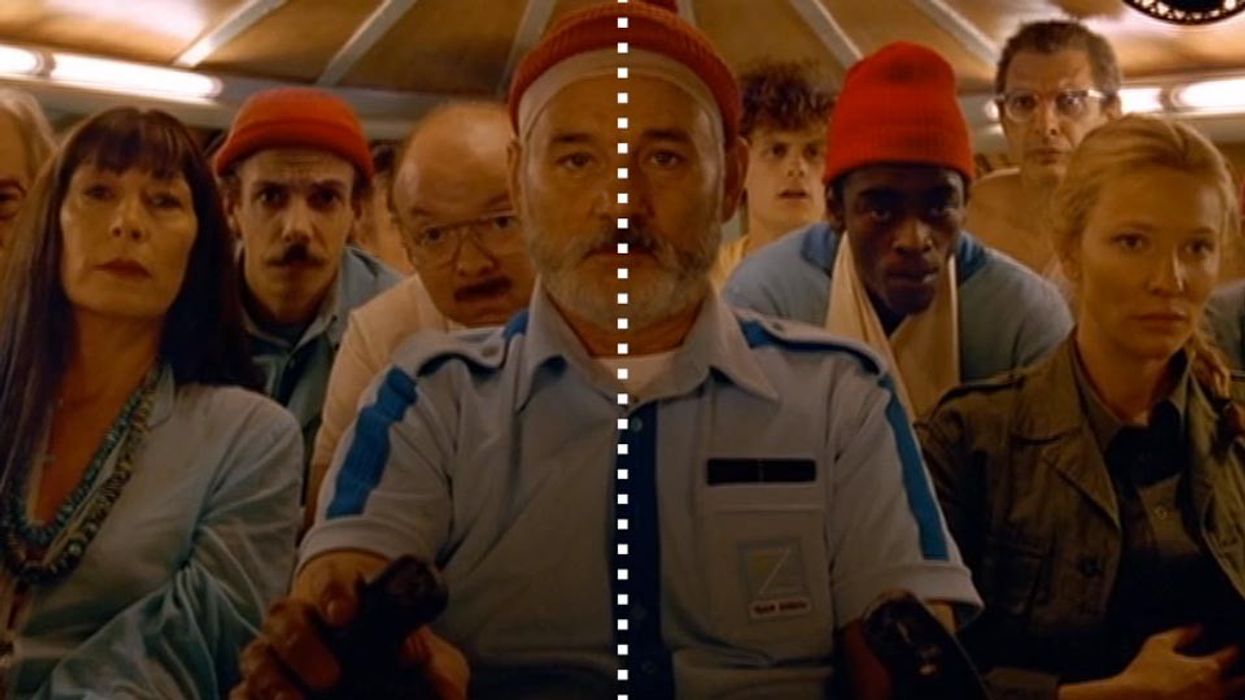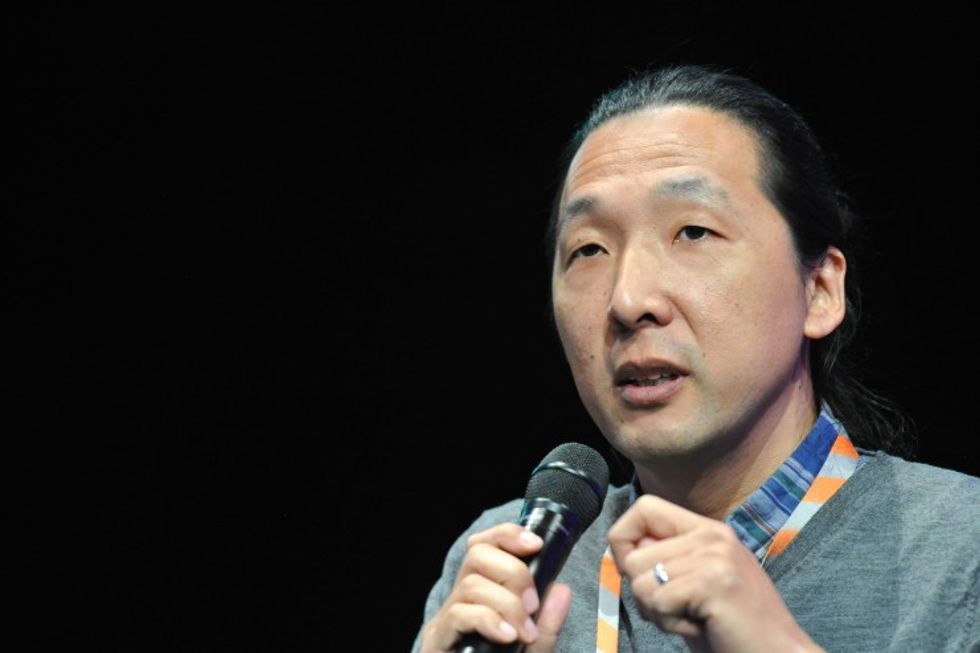Film Critics in Disguise: Pioneers of the Video Essay Discuss Their Art Form
What began life as an Internet time-killer has grown by leaps and bounds into a cutting-edge form of film criticism and Internet art.

The video essay, which uses clips and montages from cinema to comment on and recontextualize the art form, has become one of the ways DIY filmmakers can get noticed online.
Video essays had their moment in the sun at Berlinale Talents, the conference portion of the Berlinale. Kevin B. Lee, chief video essayist at Fandor and kogonada, whose work appears in the Criterion Collection, Sight & Sound and elsewhere, discussed their craft, their budding “bromance,” and where they see themselves in the world of critics, filmmakers and academics. Highlights from their panel appear below.

On collapsing categories
Lee had previously attended Berlinale Talents as a budding filmmaker, but wound up becoming far more interested in watching the films themselves. That opened up his interest in criticism, which led to him making short films-about-films on his blog. “In actuality, you can say I was a film critic in disguise as a film director,” he said, calling himself “between two states.”
That description would also apply to kogonada, who fell into the state of criticism after starting in academia. He discovered his love of video essays while becoming frustrated working on his dissertation in cinema studies. “I think my work is in resistance to academia, in some ways,” he said.
Kogonada’s videos often comment on a director’s style without any overt message; two examples played at the panel, focusing on Stanley Kubrick and Wes Anderson, contain no voiceover narration or onscreen text.
“I don’t really have a desire, when I make these things, to teach,” kogonada said. “I just want it to be a starting point of conversation.”
On believing in cinema
It might seem like reducing some of the greatest works of film to quick two-minute Vimeo clips and supercuts devalues the art of cinema. But the essayists don’t see it like that. Kogonada says:
I believe in cinema. It might sound really naïve, but I am this desperate existentialist person who’s like, ‘What’s the meaning of this?’ And in cinema, I have found real profound answers that I’m constantly trying to pursue.
His biggest desire, expressed through his work, is to be “a part of the conversation” around the art of moviemaking.
And, in fact, their work can lead to more audiences believing in cinema. Kogonada recounted how a British Film Institute piece he made about neorealism led to high enough demand for the hard-to-find films he featured that iTunes requested the Criterion Collection (which held the rights) to make them available on their site.
"On the one hand, you feel like you’re in that loop of industry,” kogonada said. “But on the other hand, it’s like, people should watch these two films."
On what goes "viral"
Lee spoke highly of the exposure the Internet has provided for his work and encouraged all budding filmmakers to think about posting their work online. Yet the relationship between the demands of the Internet and the kinds of stories he wants to tell is often fraught.
Working at Fandor, Lee’s employment is more directly tied to the online “success” of his videos than kogonada’s. The team monitors the hitcounts of his weekly videos, which used to average around 10 minutes in length but have since shortened by several minutes in an effort to attract more eyeballs.
In 2011, Lee’s job was in jeopardy because his videos weren’t getting enough hits. Frustrated with the task of trying to attract enough attention online, he made a video about Steven Spielberg, a more commercial subject than his usual material. “The Spielberg Face,” an examination of the expressive way the director uses close-ups in his films, became a smash hit online and helped preserve Lee’s career at Fandor -- in fact, he unknowingly published it online on the same day he was to be let go, and the traffic allowed him to continue to freelance for them.
When Lee watches “The Spielberg Face” now, he sees some of his own ambivalence about online videos reflected back at him. He says:
I’m very cynical about these sorts of things, in terms of what works for an audience and how to make it work for an audience, and how to engage thoughts in addition to just making something that’s cool and attractive.
On expanding the reach of video essays
Though visual essays have proliferated online in recent years, they tend to be homogeneous: focusing on only a few canonical directors, mostly white and male. “If I see another Martin Scorsese or Quentin Tarantino tribute video, I’m just going to throw up,” Lee said.
For the art form to thrive, he and kogonada theorized, there would need to be more of an effort to expand the reach of what it can do. This includes focusing on other, non-canonical directors, genres or areas of world cinema that might not necessarily yield giant SEO hits. But it can also mean playing with video length and broadening the context of the film world, as Lee did with his 2014 “desktop documentary” Transformers: The Premake. Using fan-shot footage of the production of the fourth Transformers film, the essay springboards from the blockbuster to touch on topics like copyright law, free advertising and Hollywood’s strange-bedfellows relationship with China.
At 25 minutes long, Transformers far exceeds the length of most video essays, and Lee said he even received a note from Vimeo saying it was too long for them to select it as a “staff pick.” But the piece still found considerable success, even playing at film festivals and making the BFI’s list of the year’s best documentaries.
In commenting on cinema, video essays can sometimes create their own kind of cinema.
Find more films by Kevin B. Lee on Fandor and kogonada on his personal website.
Be sure to check back for more coverage of Berlinale 2016.













